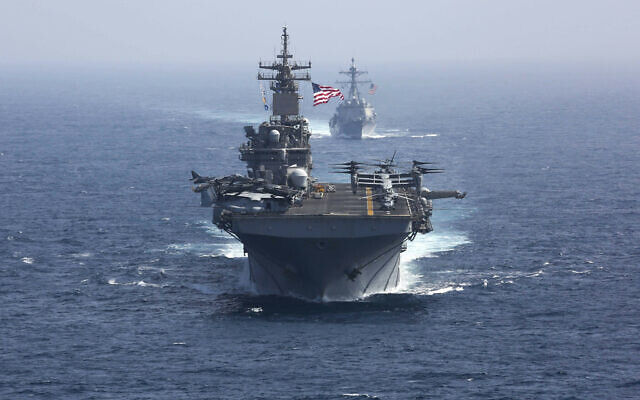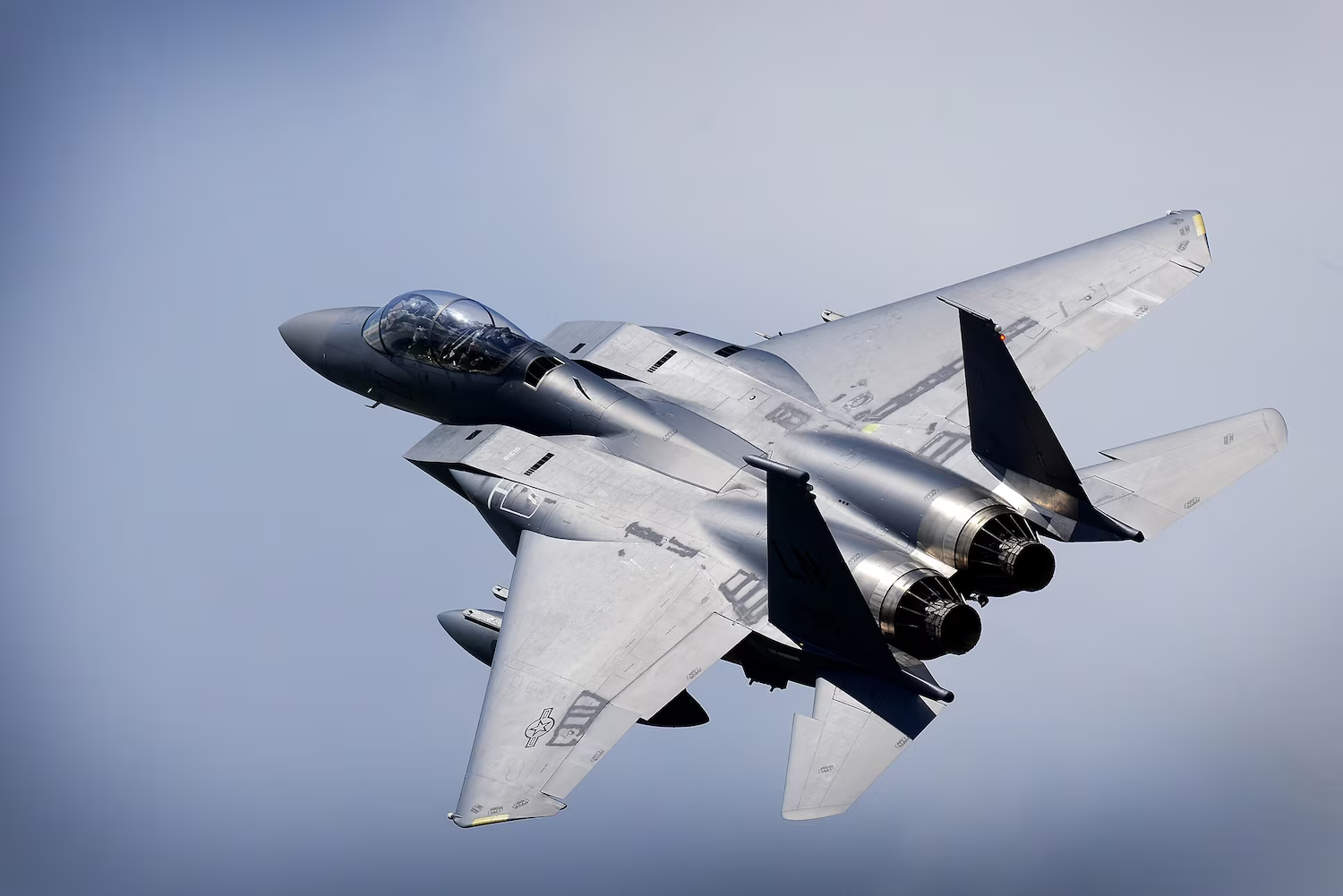Defense Secretary Lloyd Austin is sending additional bomber aircraft and Navy warships to the Middle East to bolster the U.S. presence in the region as an aircraft carrier and its warships are preparing to leave, U.S. officials said Friday.

Austin ordered several B-52 Stratofortress bomber aircraft, tanker aircraft and Navy destroyers to deploy to the Middle East, according to four U.S. and military officials. The moves come as Israel’s wars with Hamas in Gaza and Hezbollah in Lebanon rage, including a recent retaliatory strike on Iran.
The long-range nuclear-capable B-52 bomber has been repeatedly deployed to the Middle East in pointed warnings to Iran. This is the second time this month that strategic U.S. bombers will be used to bolster defenses in the region, following the use of B-2 stealth bombers to strike underground Houthi targets in Yemen in October.
While the overall number of U.S. service members in the region may decrease due to the departure of the USS Abraham Lincoln aircraft carrier and its strike group, the addition of bomber aircraft and Navy destroyers will reinforce combat strength. Officials declined to provide specifics on the number of aircraft and ships being deployed.

The U.S. is pressing for cease-fires in the regional conflicts, while reiterating its commitment to defending Israel and protecting American and allied interests in the Middle East, including from attacks by Yemen-based Houthi rebels.
Military commanders have long emphasized the deterrent value of an aircraft carrier strike group’s presence in the region. To compensate for the Lincoln’s departure, the Pentagon is ordering the deployment of other Navy destroyers capable of shooting down ballistic missiles.
Eventually, the USS Harry S. Truman carrier strike group is expected to move to the Mediterranean Sea, but not before the Lincoln departs the Middle East. The troop movements aim to maintain a robust U.S. military footprint in the volatile region amid the ongoing crises.
The Pentagon’s decision to bolster its Middle East force posture signals Washington’s determination to sustain a strong presence and deterrent capability, even as it faces the logistical challenge of transitioning between carrier strike groups in the theater.



